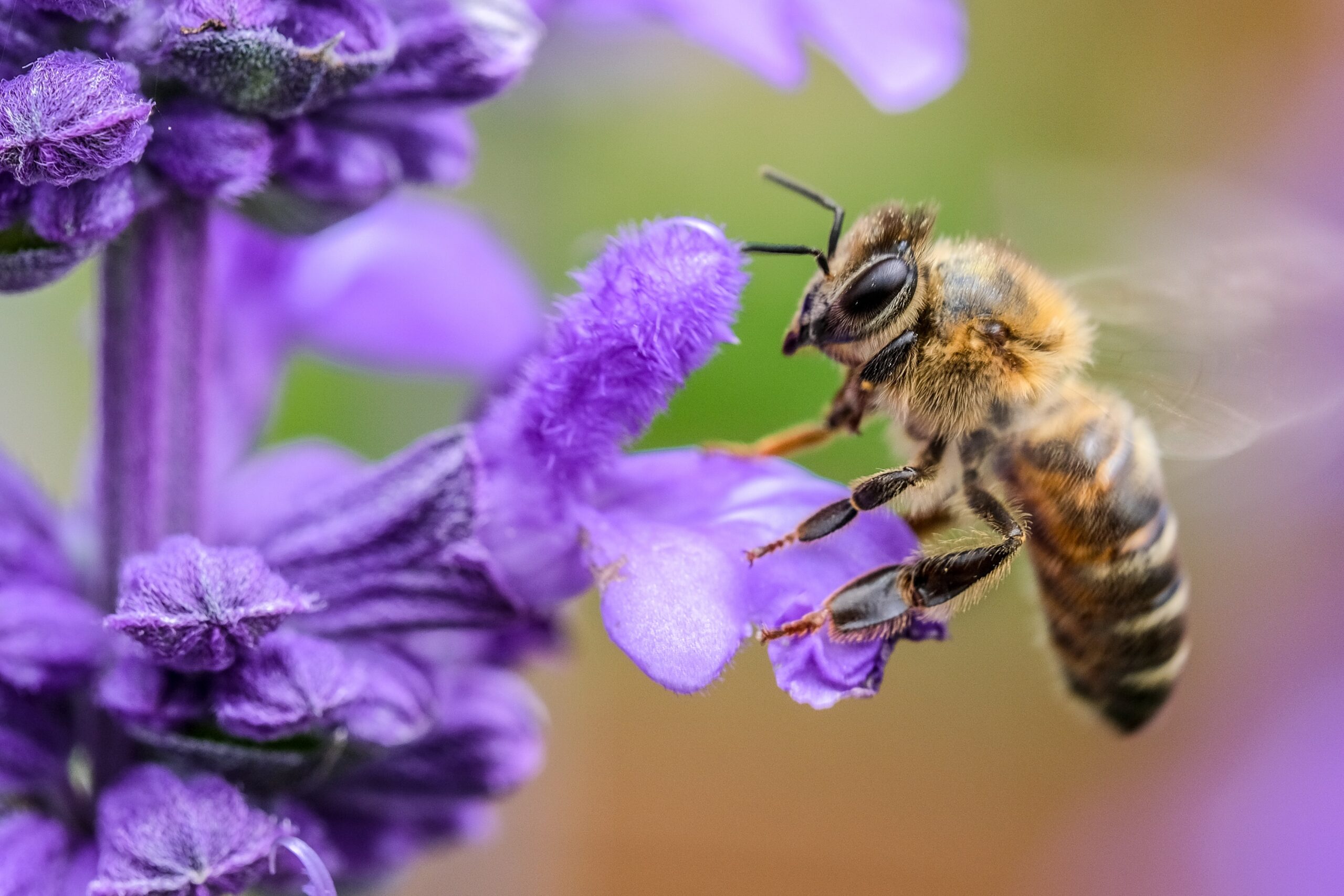World Bee Day is coming up this Friday, and we’ve been buzzing to share a few things we can all do to help bees!
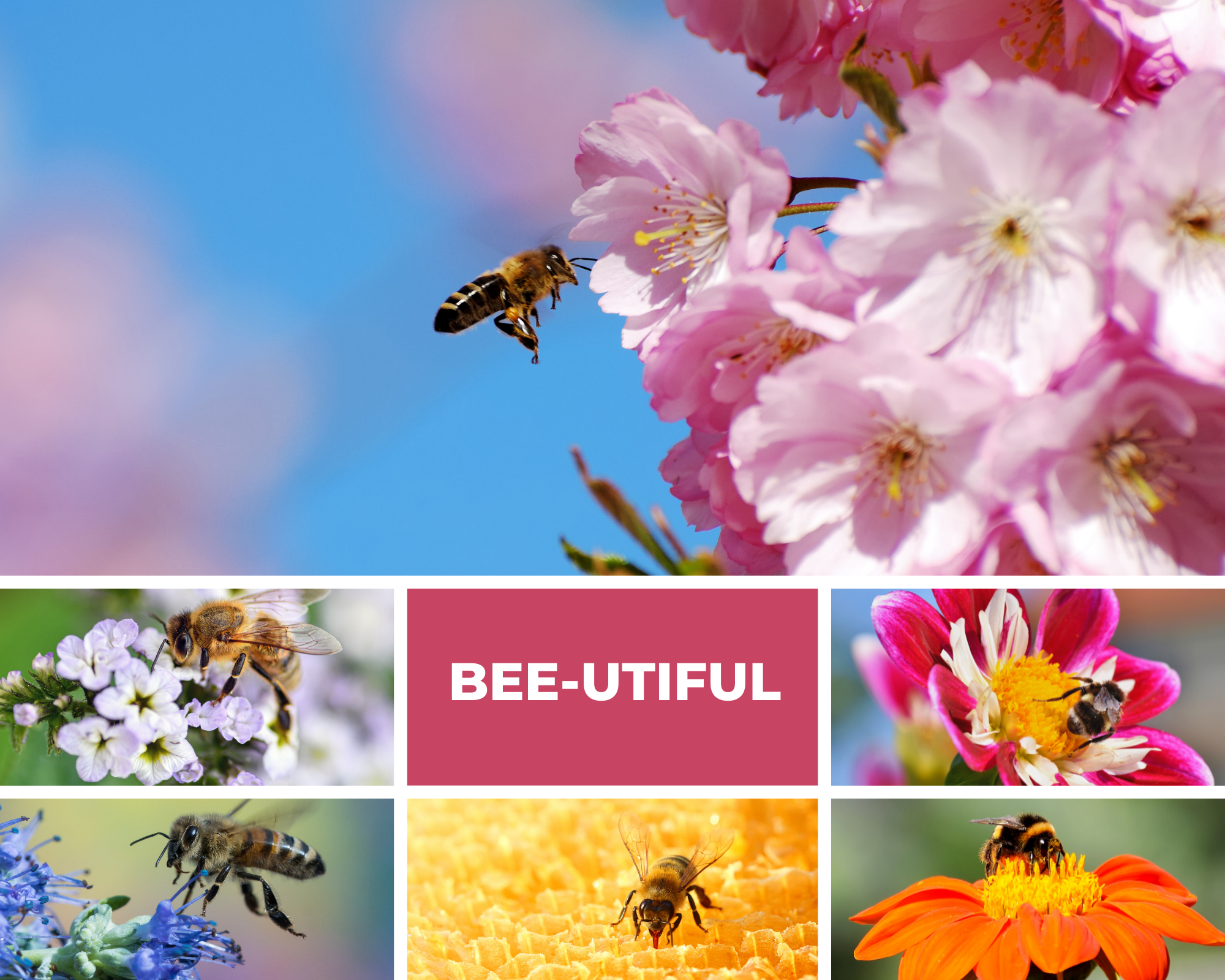
Bees and other pollinators are integral parts of our environment and ecosystems. Bees provide numerous benefits, including pollinating plants we depend on for food, creating honey used in many medicines, and combatting climate change by redistributing carbon back into plants. So, to thank the bees for all their hard work this Bee Day, check out this list of 5 easy ways you can help out your local bees!
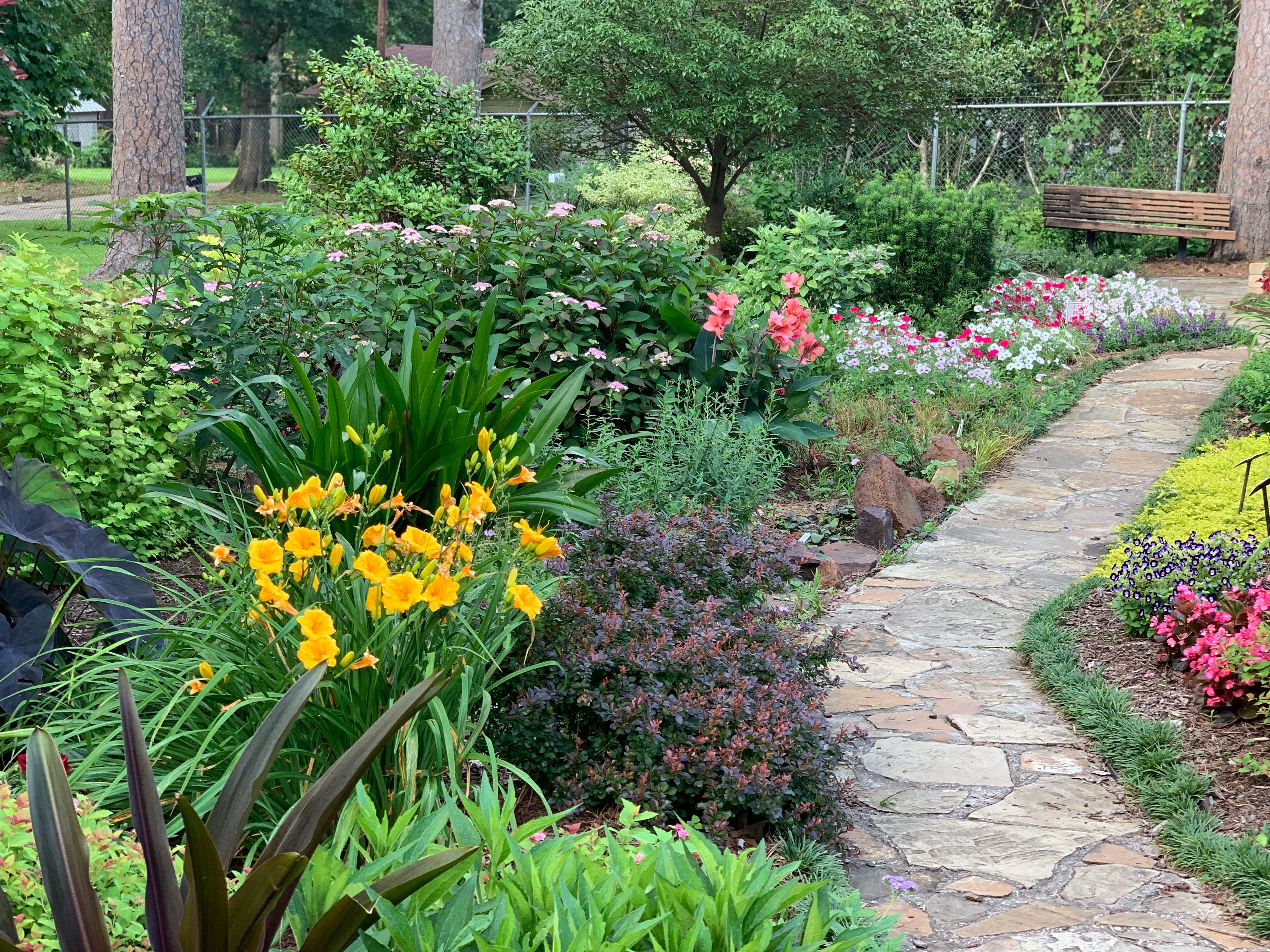
- Spend some time outside in this warm weather by planting some native and bee-friendly plants in your garden
-
- Bee-friendly and native plants provide excellent pollen and nectar sources, providing a stable food supply. There are a wide variety of perennials, annuals, and herbs that bees love– check out this list of bee-friendly plants to get some ideas!
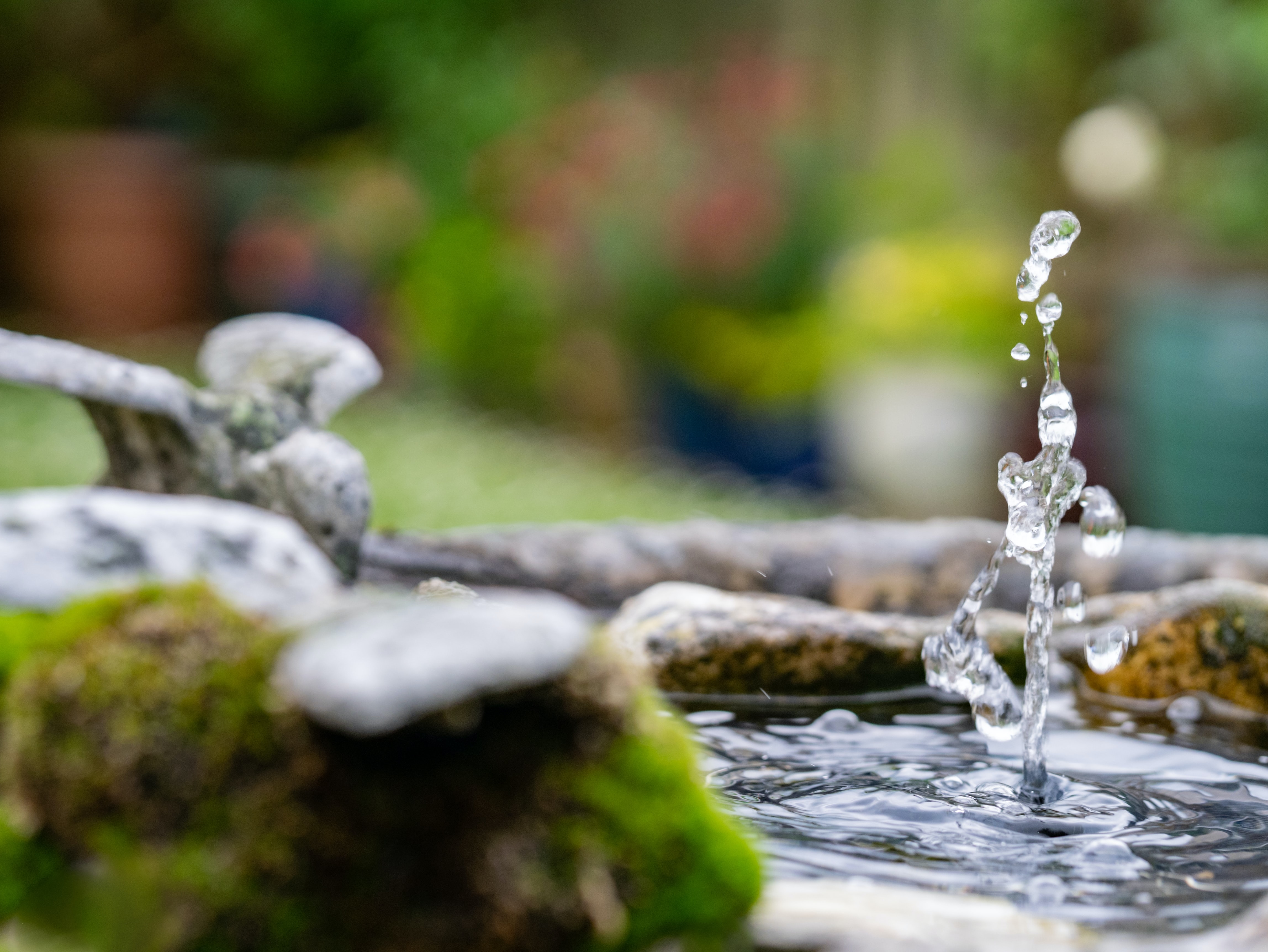 2. Set up a bee bath
2. Set up a bee bath
-
- With temperatures heating up as summer approaches, you can help bees stay cool and comfortable with a basin of water. Bees need water to dilute honey, help with digestion, keep their hives cool, and feed their babies! All you need is a shallow dish and some freshwater to achieve this in your own garden. Alternatively, if you already have a birdbath, you can add a few stones or corks to stop bees from drowning in the deeper water.

3. Support local beekeepers
-
-
- While wild bees are critical for maintaining local agriculture, farm bees help to support local bee populations. Beekeepers not only nurture and care for their bee colonies, they also often remove and rescue unwanted beehives safely, protecting them from extermination. Purchasing honey from local beekeepers allows you to reap the full benefits that honey provides! Honey is excellent for a plethora of things, from sweetening to healing cuts and burns to soothing sore throats. Here’s how you can find a beekeeper near you!
-
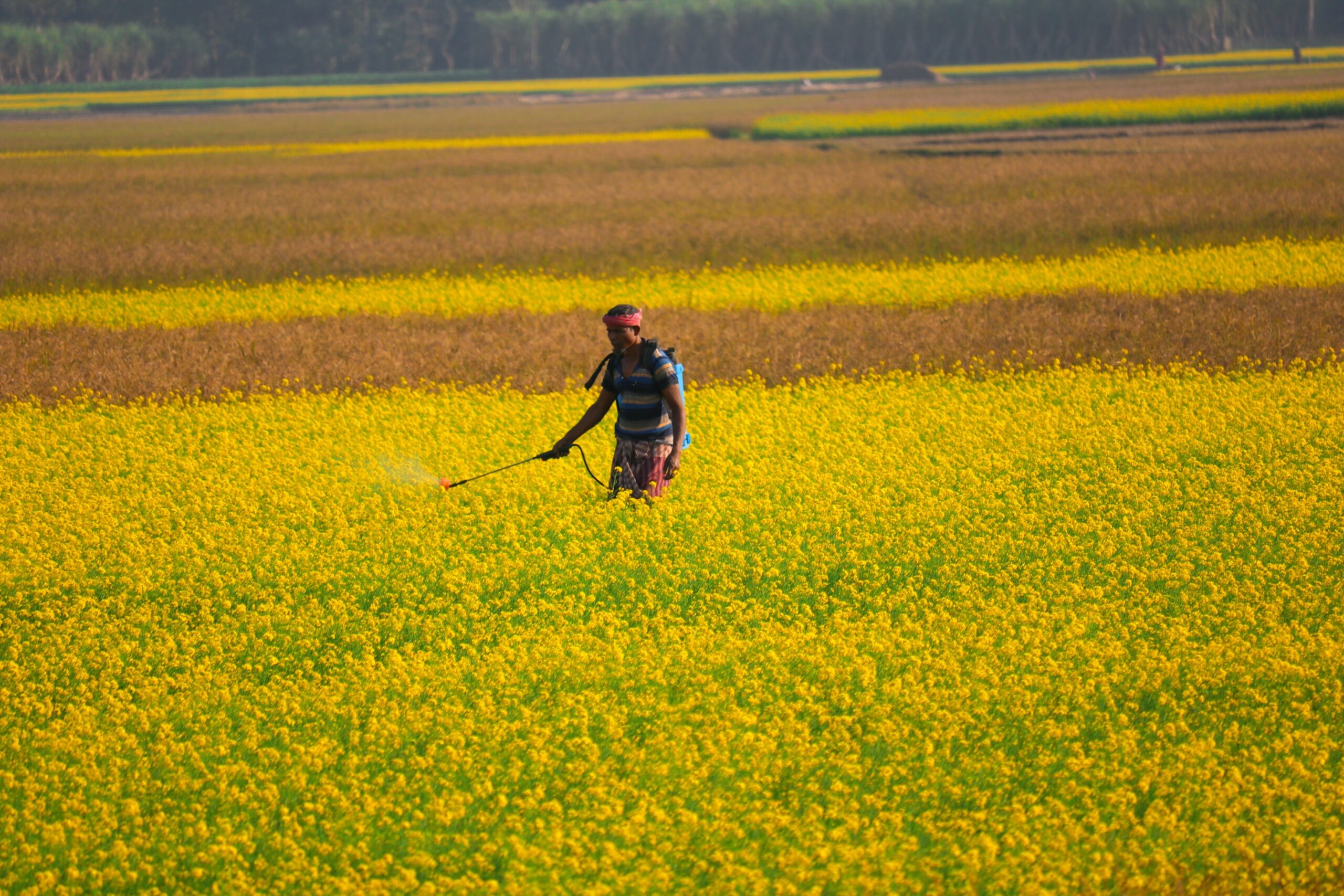
4. Avoid pesticides
-
- Pesticides are not only harmful to humans; they’re highly toxic to bees. Pest control treatments used on lawns and in gardens damage bees, particularly when applied to flowers onto which bees may land. Neonicotinoid pesticides tend to remain in the nectar and pollen of flowers, where bees can easily encounter them. Pesticides weaken bees’ immune systems, making them more susceptible to infection and disease. Here’s an article highlighting safe and bee-friendly pesticides!

5. Take part in No Mow May
-
-
- No Mow May is an environmental initiative seeking to create more habitats and increase the abundance and diversity of wildlife in your own backyard. The movement encourages people to avoid mowing their lawns during May and to start mowing their lawns less frequently to benefit native flowers and pollinators. All you have to do to participate in No Mow May this summer is avoid mowing your lawn!
-
While it’s essential to do our part to help out our environment as individuals and consumers, it’s also important to remember that the responsibility doesn’t fall solely on our shoulders. It’s crucial we hold corporations and government agencies accountable for their actions in contributing to certain issues.
Local and national governments and big corporations both play a large part in the decline of pollinators whether directly, such as by permitting the use of pesticides or simply using it themselves on a larger scale, or indirectly, by contributing to climate change.
How can the government help?
- Creating more bee-friendly federal land
-
- It’s important that our governments prioritize making federal lands bee and pollinator-friendly by growing plants that produce pollen and attract pollinators as well as foregoing the use of toxic and harmful pesticides. Scientists have found that large lots of land that only grow one type of crop are harmful to bee nutrition.
How can businesses and corporations help?
- Be mindful of your business’s environmental impact and make an effort to offset it
-
- There are many ways a corporation can offset its environmental impact whether it’s through planting trees, switching to suppliers who value eco-friendly initiatives, paying to offset the company’s carbon footprint, and/or switching to a green and renewable energy provider.
OneNature values all the hard work and dedication from bees, as well as other pollinators, and recognizes the integral part they play in the health and resilience of our environment and ecosystem. On this World Bee Day, we would like to say a big thank you to all the bees!
